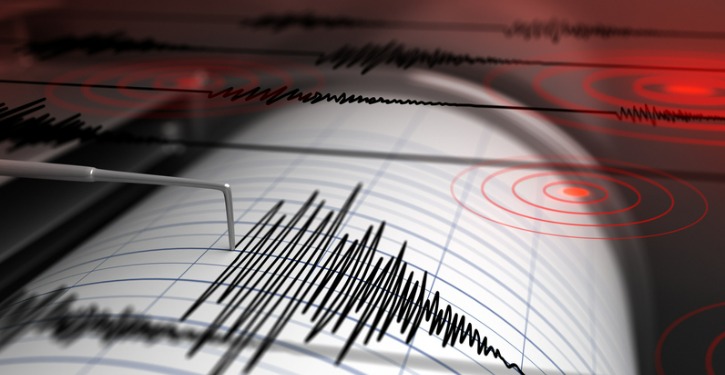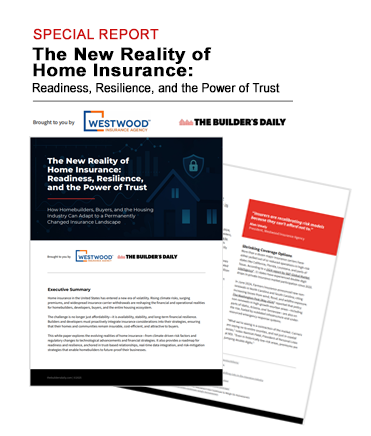One of Earth’s most powerful forces is an earthquake. Scientists around the world have been studying earthquakes trying to understand this geological phenomenon for centuries.
With advances in technology, geologists have been able to understand how our world has been shaped by earthquakes of the past. Understanding these patterns has helped inform how cities recover and rebuild after one has occurred.
Unfortunately, there are still many prevailing myths about earthquakes that circulate after one has happened, and about earthquakes in general. Here are five of the most common ones that you may hear and why it’s important to know the facts.
Earthquakes can be predicted
Contrary to popular belief, earthquakes cannot be predicted ahead of time. There is currently no known scientific process to do so, with many accounts claiming otherwise proving to be a dangerous and misleading tactic.
While stories around animals sensing earthquakes have been around for much of human history, scientists only calculate the probability that a significant earthquake can occur using a very specific process.
Earthquakes only happen in certain areas
Earthquakes can happen anywhere and everywhere. Just in the United States alone, minor earthquakes have been registered in 47 states.
While much of our planet’s earthquake and volcanic activity occurs in the Pacific Rim– one of the largest faults on the planet – an earthquake can happen anywhere there is geologic activity.
An earthquake could make California fall into the ocean
If you live on the west coast, you’ve likely heard that one day a strong enough earthquake could cause a state such as California to break off and fall into the ocean.
Scientists have been able to prove that, while a potentially dangerous earthquake can happen on the west coast at some point in the future, it will not cause a state to break apart and fall into the Pacific.
Earthquakes only happen in the morning
Another common misconception is the timing of earthquakes. There has been a belief that most major earthquakes happen in the morning hours, or that they are more likely to happen in the morning.
This is not true either. However, there have been studies that have found small correlations between the position of the moon relative to the Earth, tides and certain types of earthquakes.
Homeowners insurance will cover you in an earthquake
While your homeowners insurance covers a lot in case of an emergency, an earthquake may not be one of them. Most policies do not come with coverage that protects you from damages caused by an earthquake.
Earthquake insurance from Westwood not only covers your home and its belongings, but also provides support financially if your home is severely damaged and you have to live somewhere else. Talk with a Westwood agent and get the coverage you need today.
Please Note: This article is for general informational and educational purposes only. It does not represent any specific insurance policy and does not modify any provisions, limitations, or exclusions of any current policy.





